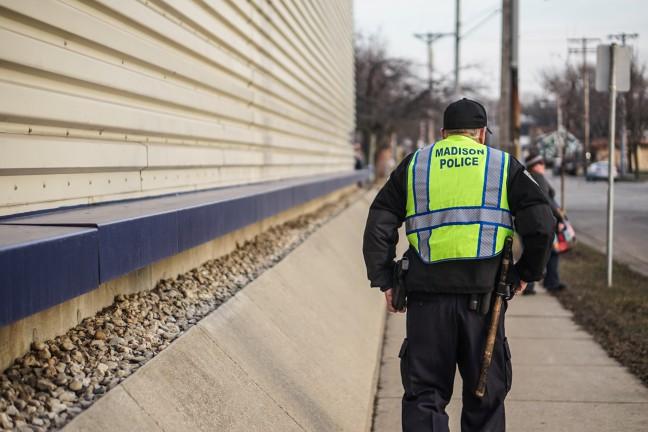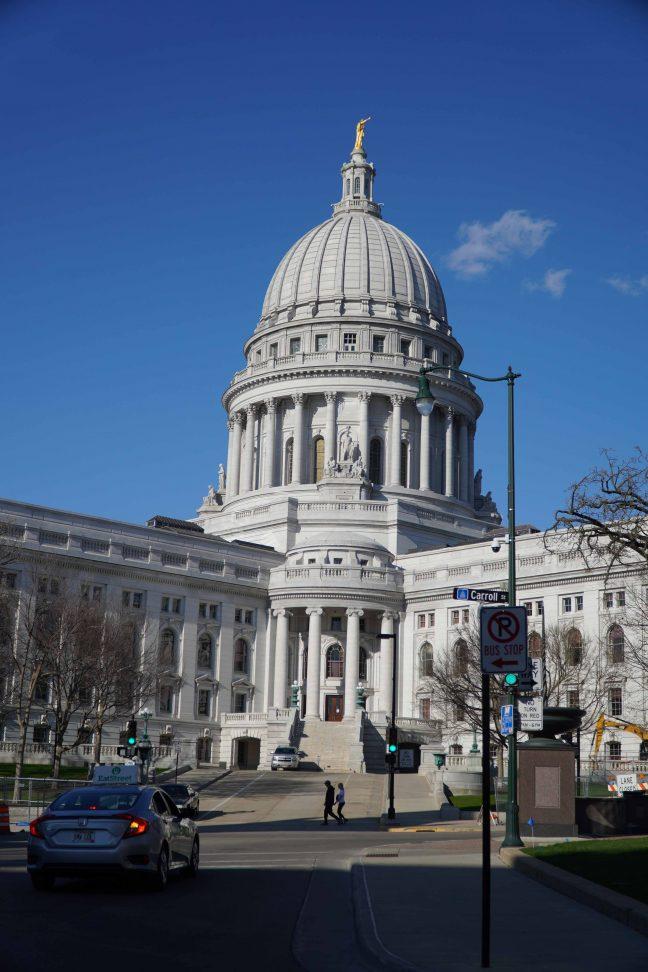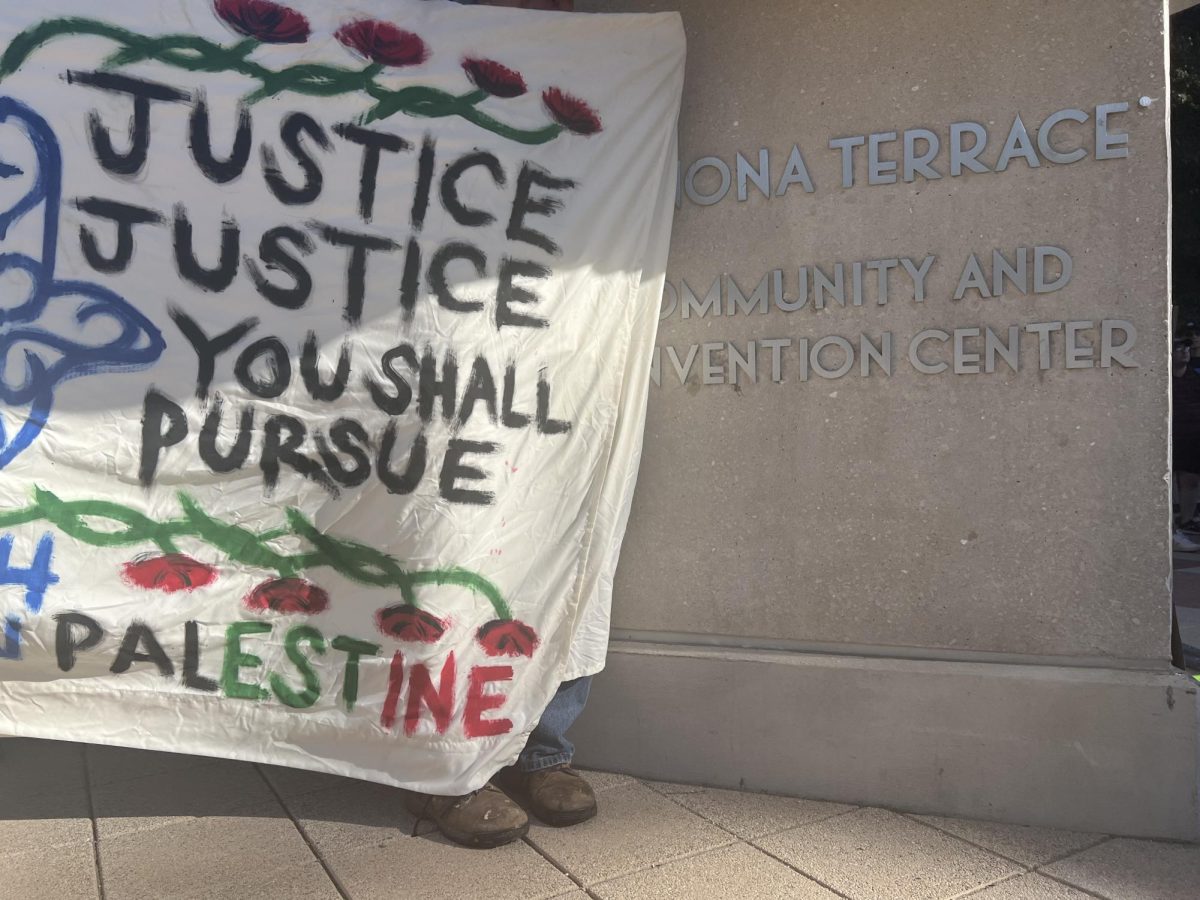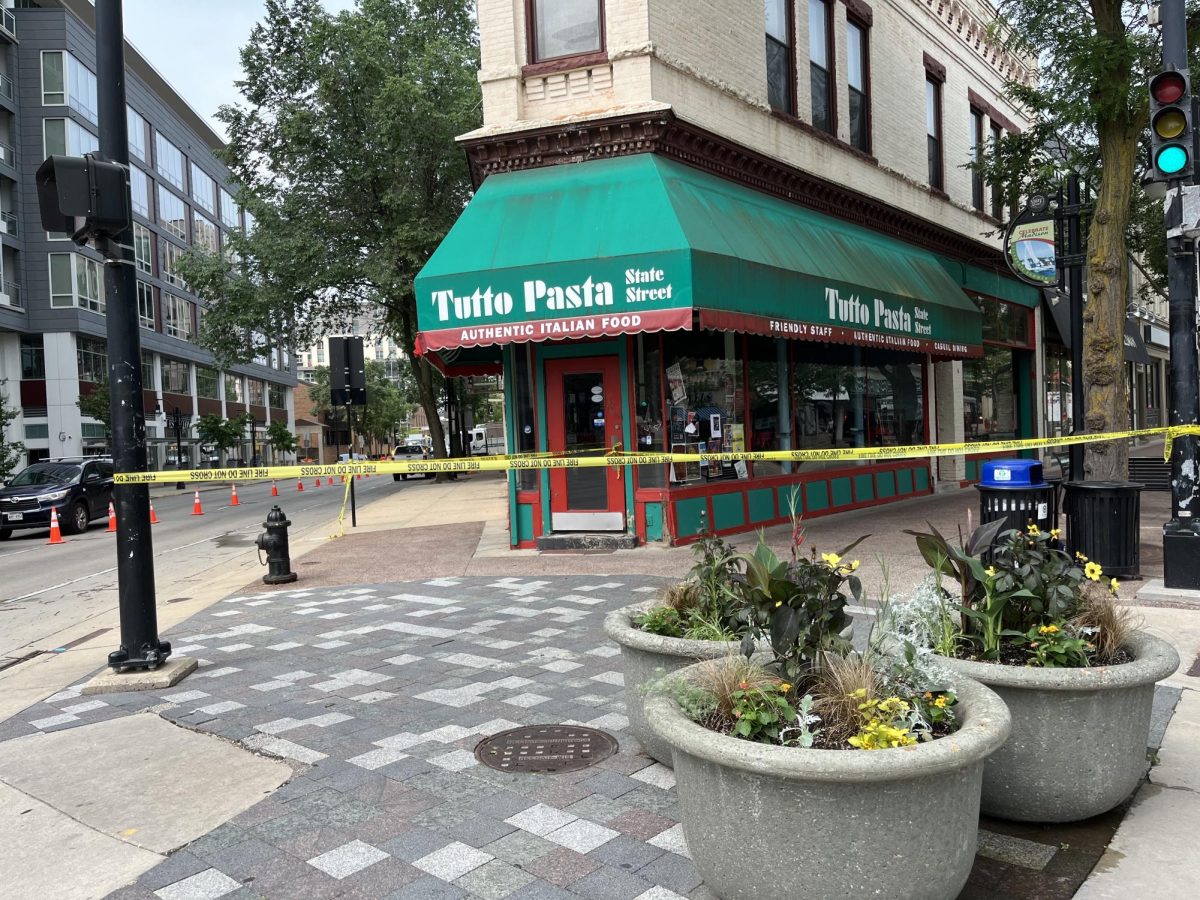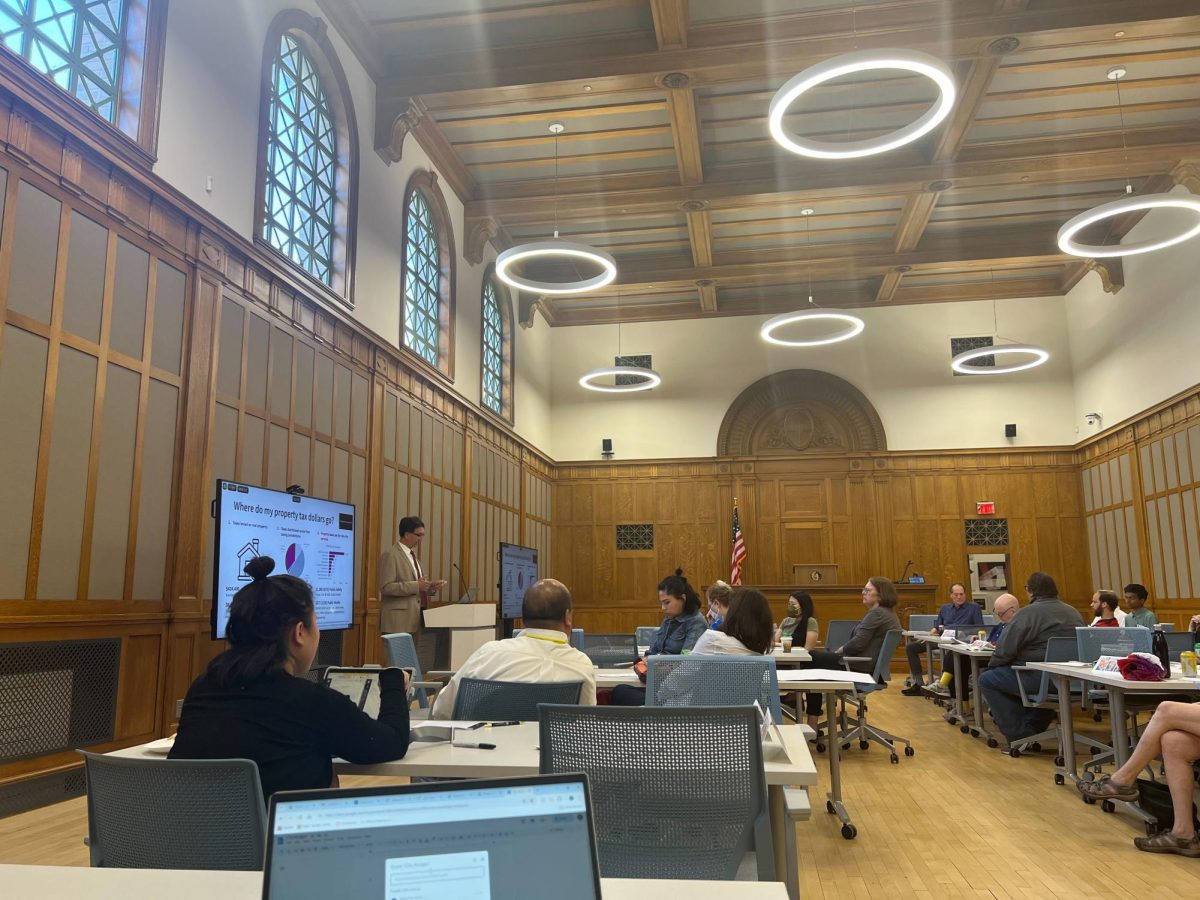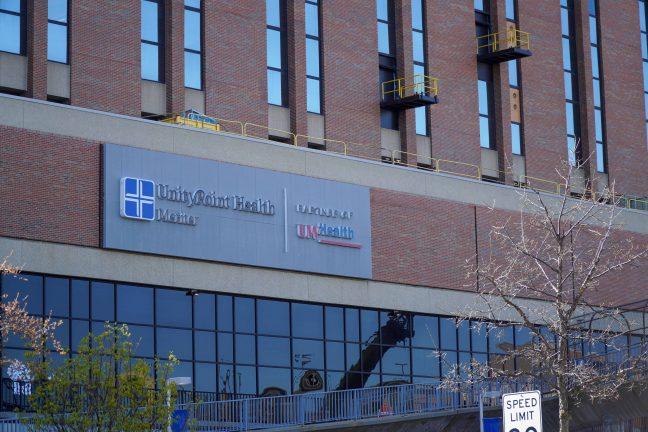With the recent arrest of Genele Laird in Madison, and officer-involved shootings of black men in Louisiana and Minnesota, the relationship between local communities and the police have been fairly strained.
To better connect with the Madison community, the Madison Police Department is using its community outreach programs, like the Citizen Academy and Youth Academies, in attempt to improve communication and build positive relationships.
The new session of the Citizen Academy, a program designed to educate 20 community members about the duties and responsibilities of police officers through nine weekly three-hour sessions, will begin in the fall. During the sessions, police officers and supervisors provide expertise on various topics like drugs, specialty teams and use of force decision-making, which allows citizens to gain a deeper understanding of the police department.
Lt. David Jugovich, the Citizen Academy coordinator, said MPD believes it has a responsibility to help shape, build and strengthen community relationships.
“We are making a variety of efforts to build community trust effectively so we can deliver police services in a manner that is professional, compassionate and ultimately effective, which is expected of us from our community,” Jugovich said.
City officials stand in soldarity in response to Dallas shooting
Besides the Citizen Academy, the Madison Police Department holds many other community outreach and volunteer programs.
During the summer, MPD hosts two different youth academies targeted at African American and Latino communities as a way to break down barriers with communities of color, according to MPD’s website. Jugovich said the programs have been so successful that both now last a week instead of three days.
Students who are entering eighth grade can attend the youth academies to hear personal stories from officers about what led them to careers in policing. Through the completion of scenario-based activities, students learn more about the police officer’s daily duties.
“It’s an opportunity for us to not only educate our youth about what we do and how we do it, but also it’s an opportunity for our young area youth to then consider … a career in law enforcement,” Jugovich said.
Ald. Zach Wood, District 8, said people often speak about having two different Madisons: one of white communities and one of color communities. He said generally, the white populations have strong relationships with MPD, but those of color have fairly different experiences.
Community members gather at East Towne Mall to protest Genele Laird arrest
Madison community continues to seek change on one-year anniversary of Tony Robinson’s death
Pamela Oliver, a professor of sociology at the University of Wisconsin, said trying to teach young African Americans not to be afraid of the police will only work if police are not unfairly targeting or threatening them.
Oliver said the city of Madison has policies to control homeless populations, so often police are the ones who have to execute these policies, which leads to feelings of mistrust between low-income individuals and the police.
“As long as you have a society built around inequality where a major part of the job of the police is to enforce that inequality, the oppressed members of the community will distrust the police no matter how pleasant, respectful and fair individual officers are,” Oliver said.
Oliver said she believes the only way for police to strengthen relationships with minority communities is for police to act in trustworthy ways and work to help low income communities.
Wood said to improve the community’s relationship with MPD, it is important to further place an emphasis on transparency, accountability and open dialogue.
“It is entirely possible to have a tremendous amount of respect for the Madison Police Department and simultaneously want them to be better, know that they can be better,” Wood said.
Recently the Madison City Council passed a $400,000 resolution to hire a consultant who will look into the practices, policies and procedures of MPD.
Madison City Council approves $400,000 resolution to evaluate MPD
Currently, Jugovich said MPD is in discussions to consider the creation of a Latino Citizen Academy conducted in Spanish.
Jugovich said he sees the outreach programs as a way to work on community relationships because they can expose community members to the police department, while helping to regain trust. He said the health of police relationships is the whole community’s responsibility, not just those associated with certain programs.
“We really are trying to make substantial, significant relationships between us and our community,” Jugovich said. “Our community needs to realize, it needs to be encouraged to connect with us outside moments of crisis.”








